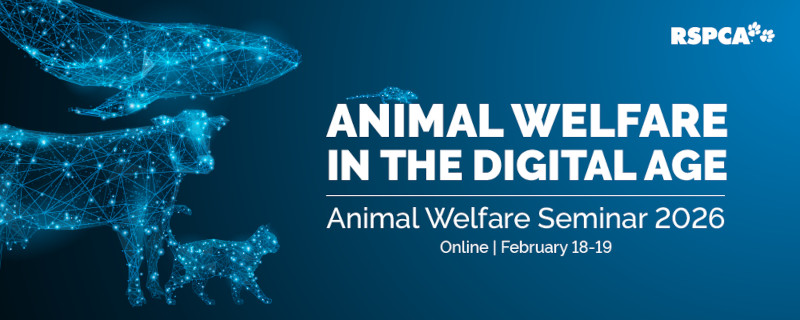| 3.1 | RSPCA Australia believes that in all farming systems, animals must be provided with freedom of movement and the ability to satisfy their behavioural, social, and physiological preferences and needs. This includes the provision of an environment and materials/ objects that allow animals to satisfy their behavioural motivations and avoid negative states while allowing for the experience of positive states. For this reason, the RSPCA believes*:
|
| 3.2 | RSPCA Australia believes that farming systems must be designed to avoid pain, injury, suffering and distress, and be operated to safeguard the health and welfare of the species concerned. |
| 3.3 | RSPCA Australia believes that farm animals must be provided with sufficient protection from adverse weather conditions to maintain health and welfare. |
| 3.4 | RSPCA Australia believes that the number of animals kept within a farming system and their individual space allowance must not impede normal movement, normal behaviours or postures, or negatively affect the comfort of the animals. Gregarious animals must be housed in groups. |
| 3.5 | RSPCA Australia believes that terrestrial animals must be provided with flooring and bedding material which is appropriate for the species, which satisfies behavioural motivations, and which prevents the experience of poor health or welfare. Animals in a group must be given sufficient space to allow all animals to lie down on clean, dry bedding material at the same time. |
| 3.6 | RSPCA Australia believes that, in aquaculture systems, water quality and water temperature must be managed to ensure sufficient supply of oxygen and disposal of waste to avoid suffering and distress. |
| 3.7 | RSPCA Australia believes that animals must be provided with sufficient and appropriate light to encourage normal behaviours as well as periods of darkness of sufficient length to allow proper rest, similar to the natural light and dark periods as determined by the local diurnal cycle. |
| 3.8 | RSPCA Australia believes that, where animals have access to an outdoor area, it must, for all animals, allow easy access, provide adequate shade and shelter, protection from predators, and encourage the expression of normal behaviours. |
| 3.9 | RSPCA Australia opposes the following housing systems*:
|
* This is not an exhaustive list and for species and/or housing systems not specifically listed, B1 Farm animals – general principles as well as any other relevant farm animal policies apply.
(Reviewed 28/03/2018)

